Explore core concepts and techniques in computer vision, including image processing, CNNs, transfer learning, and generative models. Through hands-on projects, gain practical skills to develop and optimize vision-based solutions for real-world applications.
By the end of this course, participants will be able to:
Overview:
Introduces the fundamentals of digital image processing, including how images are loaded, represented, and quantized.
Topics to Cover:
Overview:
Introduces the fundamentals of digital image processing, including how images are loaded, represented, and quantized.
Topics to Cover:
Overview:
Explains how to modify image intensity for enhancement and preprocessing.
Topics to Cover:
Overview:
Focuses on filtering techniques using local neighbourhoods to enhance or detect features in images.
Topics to Cover:
Overview:
Introduces frequency-based filtering methods for image analysis and enhancement.
Topics to Cover:
Overview:
This module delves into advanced topics such as Generative Adversarial Networks (GANs), diffusion models, and synthetic data generation.
Tools to Cover:
Overview:
Explains colour models and transformations for colour-based image processing.
Topics to Cover:
Overview:
Focuses on different ways to represent images for computer vision tasks.
Topics to Cover:
Overview:
Introduces CNNs and their role in computer vision, including kernels, convolution, and implementation.
Topics to Cover:
Overview:
Covers deep learning architectures for image classification and recognition.
Topics to Cover:
Overview:
Explains methods and architectures for detecting and localizing objects in images.
Topics to Cover:
Overview:
Covers segmentation techniques for pixel-level classification of images.
Topics to Cover:
Get access to top-rated courses, real projects, and job-ready skills.
We’re here to help. Talk to our advisors.
I had an incredible experience at this data science bootcamp! Coming in with no prior knowledge, I was amazed at how quickly I gained a solid understanding of the field. The curriculum is intensive and hands-on, allowing me to learn real, applicable skills through working on real client projects. The staff are exceptionally supportive and always ready to help. This bootcamp truly transformed my career path, and I couldn’t be more grateful for the knowledge and confidence I’ve gained. Highly recommended for anyone looking to break into data science!
My experience was awesome. I was taught by professional data engineers who shared their insights based on their professional experience. The topics covered are relevant to what employers are looking for and I enjoyed hands-on projects. I learned all the skills I needed to be a data engineer and I got a full-time offer as a data engineer, thanks to the mentors from WecloudData. I highly recommend this program. I was able to land interviews at Amazon, Yelp, CI Financial e.t.c
Deciding to go with WeCloudData was one of the best decisions I made during my career switch. Their Bootcamps are intense but they get you where you need to go. The instructors are amazing and the TAs very knowledgeable. Their client projects taught me a lot even after the bootcamp was done. I was able to land my current job thanks to the skills and training from the course.
I had the pleasure of attending WeCloudData’s Data Fundamentals bootcamp, which was fantastic. The highly qualified instructors used cutting-edge teaching techniques that greatly facilitated understanding the logic of coding and programming. They carefully progressed us from fundamental to more complex subjects, avoiding any feeling of overload. I wholeheartedly endorse this course for anyone hoping to become a data analyst—it’stheonly one you’ll need. The teachers are very outstanding!
This bootcamp provided me with the necessary technical skills and industry knowledge to secure a data job. The instructors are knowledgeable and shared everything they know to help me achieve my goals. The TAs are resourceful and patient answering my questions. The projects in the bootcamp enhanced my knowledge and impressed interviews. This is a wonderful bootcamp if you are looking to either imporve your skills or switch career!

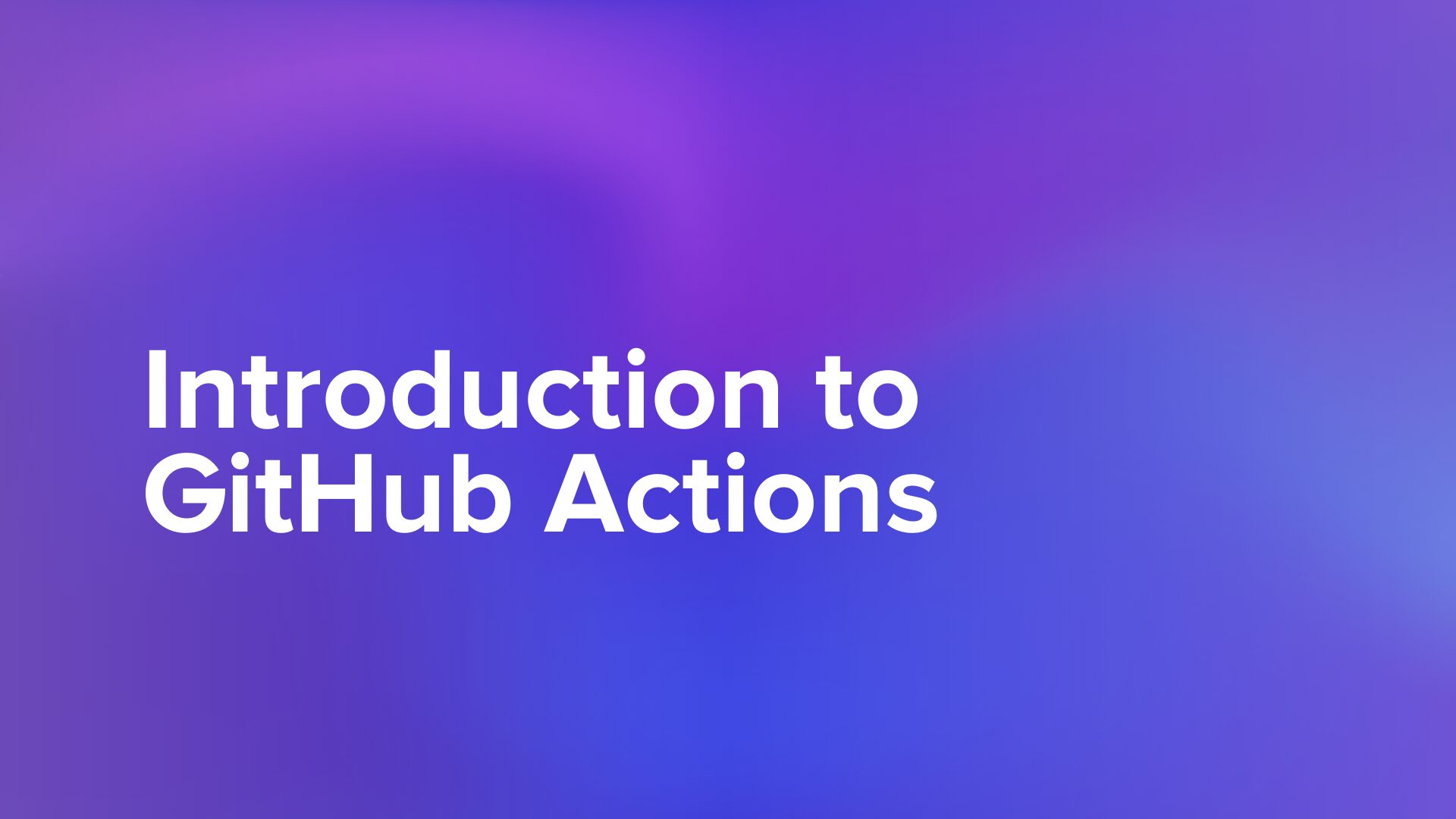

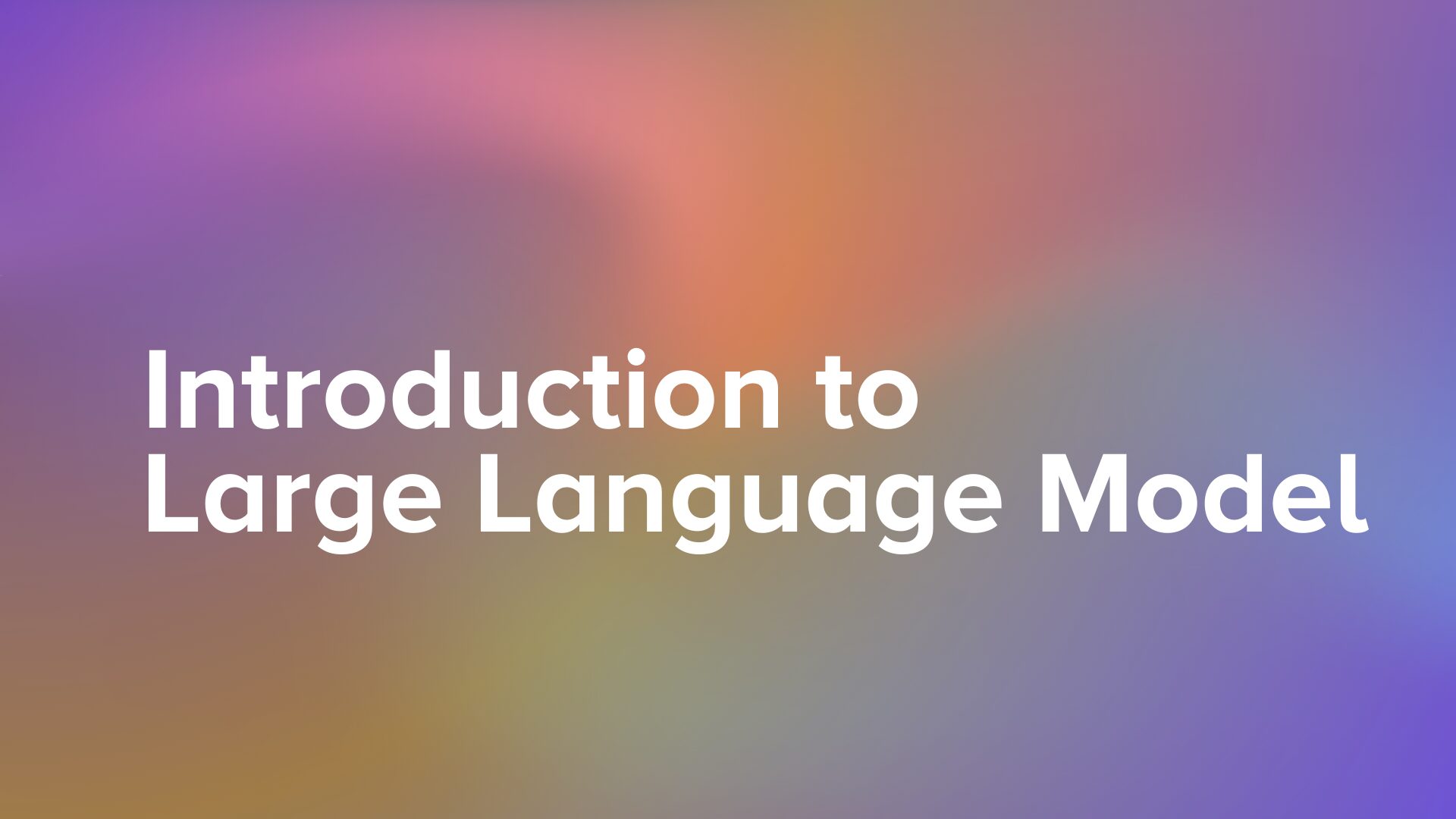

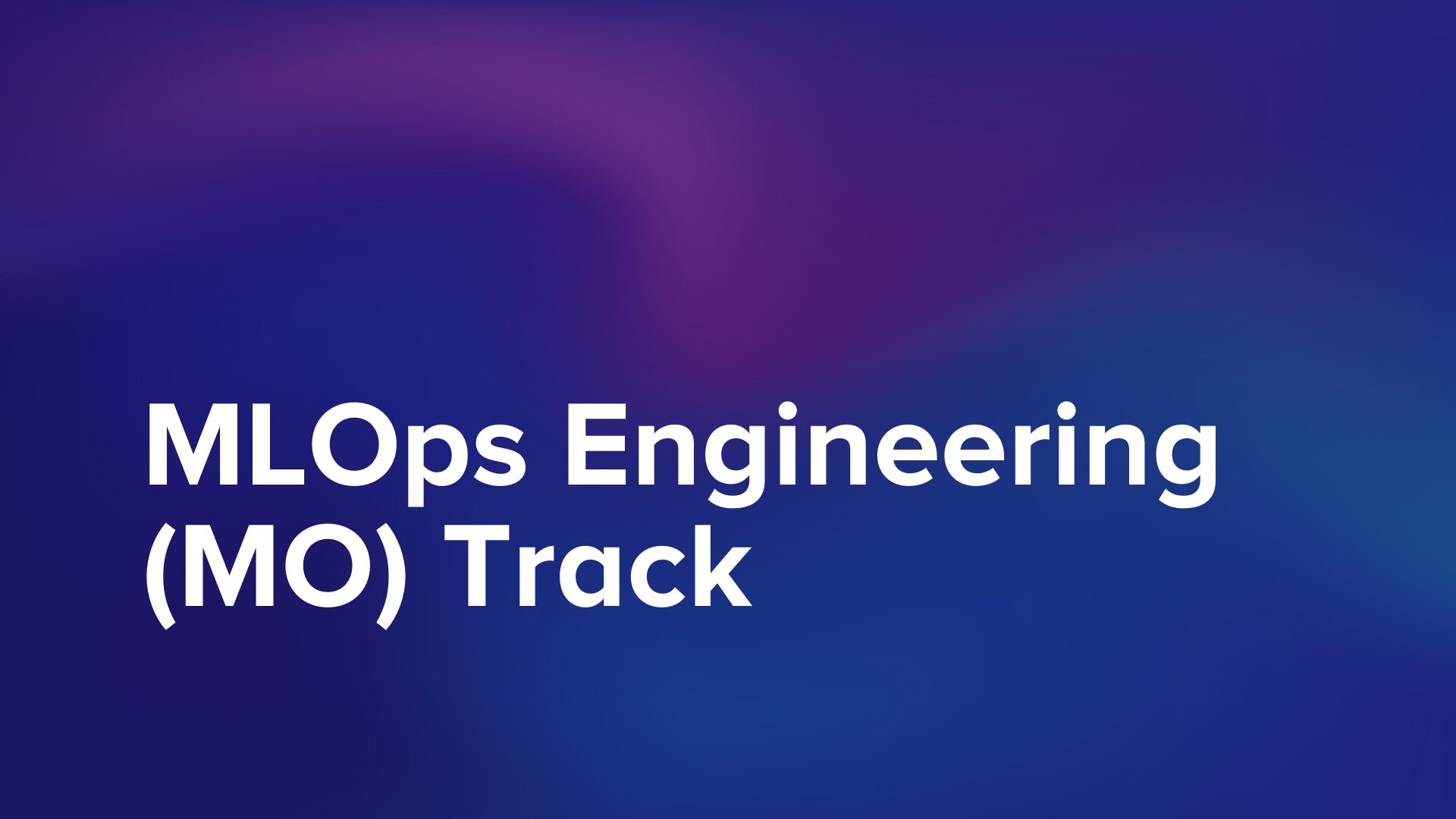
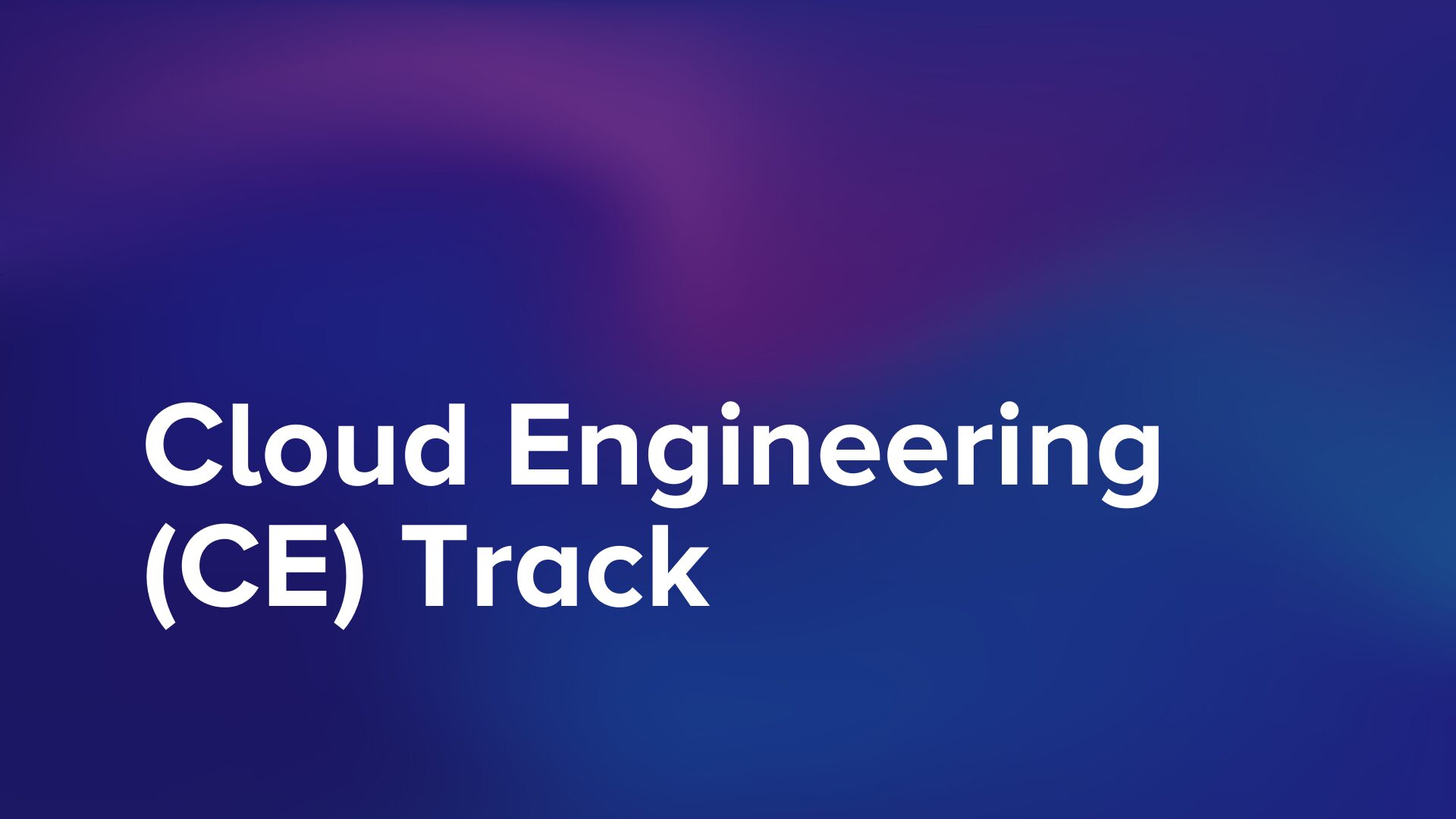
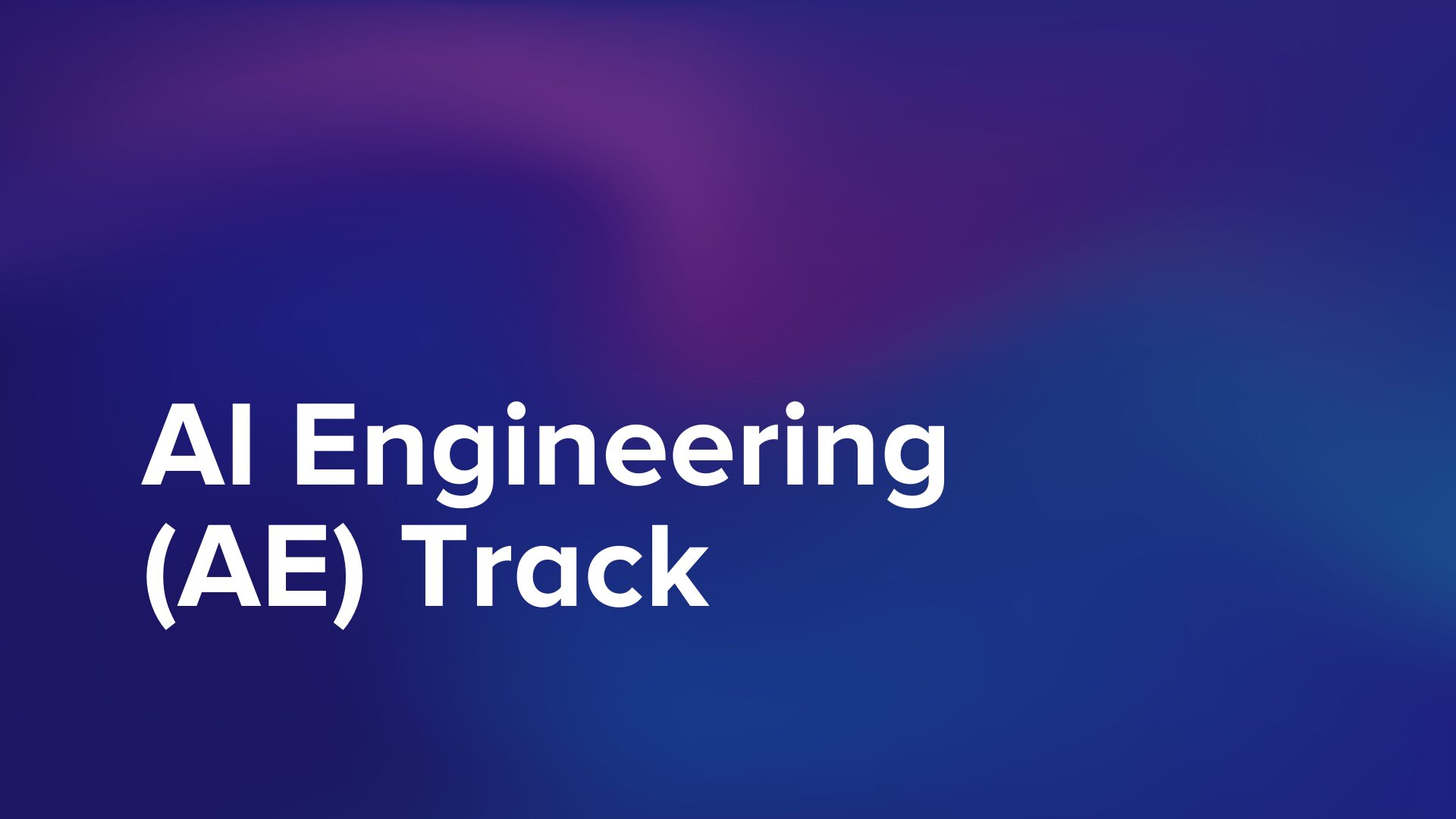
No. Track Courses are only accessible through the Professional or Unlimited+ subscription plans.
Yes, all courses are designed to be self-paced. Learn when it fits your schedule.
Each course includes prerequisites if needed. Many Standard Courses are beginner-friendly.
If you have other queries or specific concerns, don’t hesitate to let us know. Your feedback is important to us, and we aim to provide the best support possible.
Grow your skills, build projects you’ll be proud of, and unlock new opportunities — all at your pace.